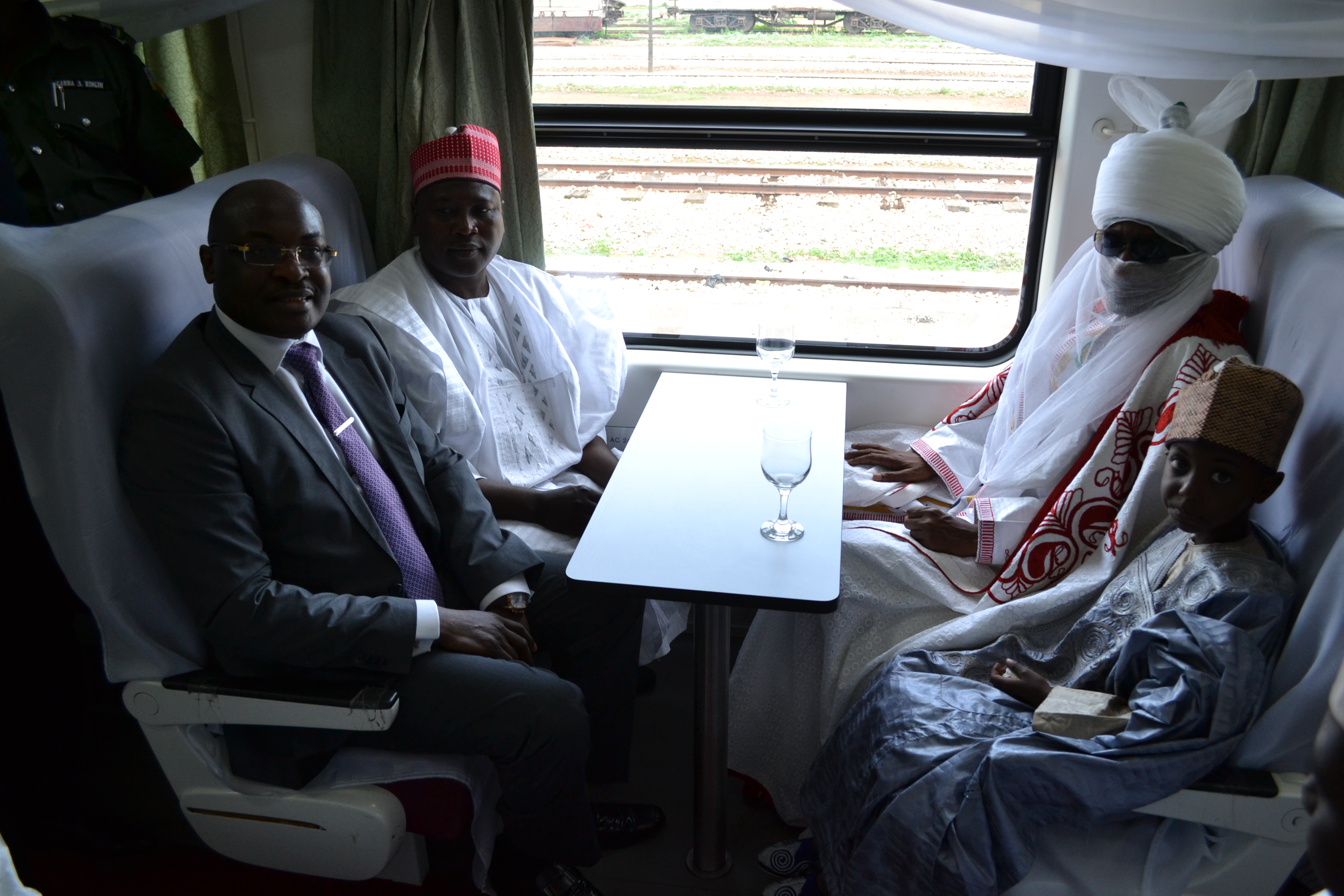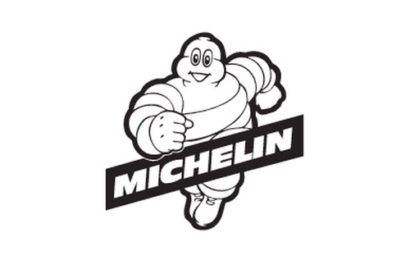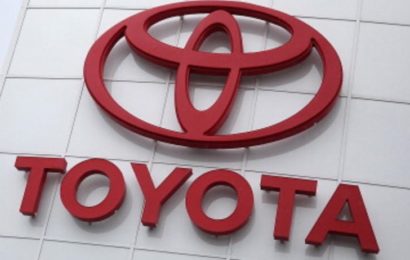

A breakthrough was recorded on Monday in the implementation of the African Continental Free Trade Area (AfCTA) when the government of Sierra Leone took delivery of the first batch of vehicles produced by Innoson Vehicle Manufacturing Company Ltd, Nnewi, Anambra state.
Reacting to the development, the people of Sierra Leone have been commending their President, Julius Maada Bio, for acting in line with the spirit of the continental agreement by opting for an African (IVM) brand of vehicles for the use of the country’s Armed Forces.
The commendations followed the arrival in Free Town of the fleet of vehicles exported from the Innoson plant in Nnewi for the Sierra Leone Armed Forces (RSLAF) military officers.
The IVM vehicles are currently being discharged at Queen Elizabeth 2 Port (Sierra Leone’s sea Port “Water Quay”) in Free Town.
In one of the many reports in the local media on the purchase of the made-in-Nigeria vehicles, a popular blog in Sierra Leone, Focus News Blog, hailed President Bio for believing “that our Army Officers deserve better.”

The post, which showed a line-up of the IVM products from Nigeria, informed Sierra Leoneans that the vehicles would soon be “ready for distribution to military officers across the country” by the government
“Innoson Group has penetrated the vehicles market over the years. It is currently serving as one of the few wholly African car assemblers.
In one of the effusive commendations for President Bio, a Sierra Leonean, Francis Ken Samu, remarked, “We are on top of the situation in times of security. Bravo HE President Bio. Keep the Military Colour Flag going up higher than ever before in de history of Sierras Leone.. God bless you, HE President Bio for equipping the RSLAF.”
The export to Sierra Leone is in fulfillment of a promise made during a working visit to Innoson Vehicles by top hierarchy of the Sierra Leone Defence Ministry led by Mr Edward Soloku, the Minister of Internal Affairs, as well as Sierra Leone Road Transport Corporation (SLRTC) led by it’s President Mr. Isaac Ken-Green.
Head of Corporate Communications Innoson Group, Cornel Osigwe, disclosed in a statement that various species of vehicles bought within that dispensation were for the present administration.
Osigwe explained that afterwards, the Government of Sierra Leone led by President Julius Maada Bio placed an order for the manufacturing of Innoson Vehicles valued at $4.7Million for the officers of Republic of Sierra Leone Armed Forces (RSLAF).
The first set of these vehicles was supplied from Nigeria to Sierra Leone got to Free Town on Monday for distribution to military officers in parts of the country.
In one of the many reports in the local media on purchase of the made-in-Nigeria vehicles, a popular blog in Sierra Leone, Focus News Blog, hailed President Bio for believing “that our Army Officers deserve better.”
The post, which showed a line-up of the IVM products from Nigeria, informed Sierra Leoneans that the vehicles would soon be “ready for distribution to military officers across the country” by the government.
This development is indeed a step towards the acceleration of intra-African trade as facilitated by the implementation of the African Continental Free Trade Area (AfCTA).
With the arrival of the Innoson vehicles in Free Town, Sierra Leone has become the first country in West Africa whose armed forces are using the IVM products outside Nigeria.
Four years ago, the Nigerian Army signed a partnership agreement with the Nnewi auto plant for the supply of purpose-built vehicles for it’s personnel.
The agreement also includes identifying requirements for the production of the armoured fighting vehicle in Nigerian Army Central Workshop in Kaduna and enhancing the capacity of Nigerian Army personnel to actively participate in the successful implementation of these joint ventures
The export of Innoson is coming two years after President Mohammadu Buhari signed the AFCFTA agreement in July, 2019.
However, there has been foot-dragging locally on the implementation of the agreement which is believed to have great potential to support economic development on the continent.
This economic analystes say is due largely to the inability of some enterprises to overcome internal inefficiencies to withstand unfair competition from other countries within the free trade area.




